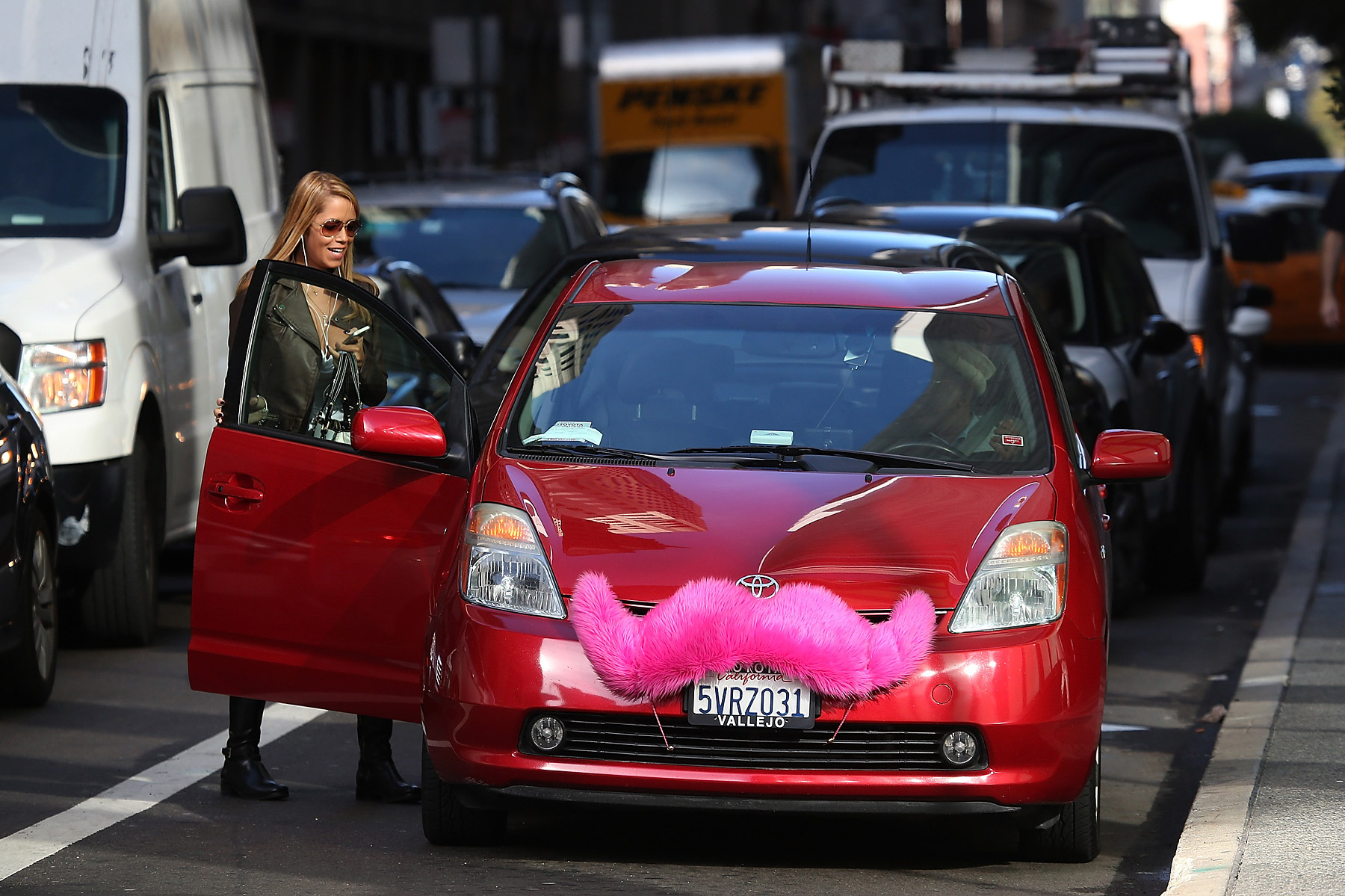

This post is in partnership with Fortune, which offers the latest business and finance news. Read the article below originally published at Fortune.com.
Calling Lyft’s expansion over the last year anything less than “aggressive” would be an understatement. Now, the Uber competitor is available in 24 new U.S. cities effective Thursday, bringing the total number of markets to 60.
In addition to cities ranging from Los Angeles to Baltimore, Lyft’s “tens of thousands” of drivers are now servicing places such as Kansas City, Mo., Omaha, Neb., and Corpus Christi, Texas. The company also announced a temporary 10% price cut on fares in all markets, following a recent 20% cut it had already announced.
Lyft’s swift growth has largely to do with its “sharing economy” business model, relying on a preexisting infrastructure — citizen drivers sharing their cars and their time — whenever it enters a new market. “We don’t have to open an office in every market we go to — it really helps us grow the community,” explains Lyft president and co-founder John Zimmer.
More: Coca-Cola’s equity plan: Did shareholders say yes, or no?
The news comes just one day after Uber announced a milestone of its own: With its most recent launch in Beijing, the company is now available in 100 cities worldwide. And while Lyft may fall short of that — it hasn’t expanded beyond the U.S. yet — the company has been extremely ambitious in recent months. Indeed, Lyft’s latest news almost doubles the number of available U.S markets. This April, it raised $250 million from backers including Alibaba, Third Point, and Andreessen Horowitz toward international growth. And over the last 12 months, Lyft has ballooned from 60 to 250 employees.
Like Uber, Lyft has faced legal battles in new markets where it threatens existing transportation services, such as taxis. In St. Louis this week, a circuit judge barred the company from operating in the county after the Metropolitan Taxicab Commission sought an injunction because Lyft had failed to apply for a taxi dispatch license. (Because of its business model, Lyft has said existing taxi and for-hire vehicle regulations do not apply.) Meanwhile, in Houston, a July injunction hearing could decide whether companies like Lyft and Uber can legally operate in the area.
“If it’s anticompetitive, we strongly disagree with that, but if it’s focused on safety, we’re there hand-in-hand working with local officials,” argues Zimmer. “As long as there’s a focus on safety and an honest conversation about what the real reason for regulation would be — protecting consumers — then that’s a really great conversation to have.”
More Must-Reads from TIME
- How Donald Trump Won
- The Best Inventions of 2024
- Why Sleep Is the Key to Living Longer
- Robert Zemeckis Just Wants to Move You
- How to Break 8 Toxic Communication Habits
- Nicola Coughlan Bet on Herself—And Won
- Why Vinegar Is So Good for You
- Meet TIME's Newest Class of Next Generation Leaders
Contact us at letters@time.com